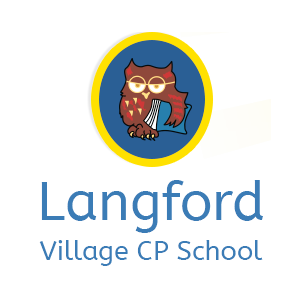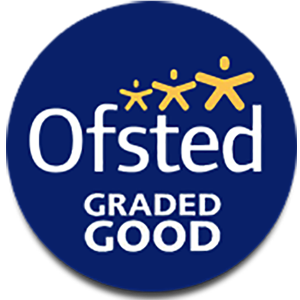




Intent
Our Computing Curriculum ensures children are prepared for their digital future; knowing how to be safe and resilient online and have experience in the fundamental principles and concepts of computing.
Implementation
The use of information and communication technology is an integral part of the national curriculum and is a key skill for everyday life. Computers, tablets, programmable robots, digital and video cameras are a few of the tools that can be used to acquire, organise, store, manipulate, interpret, communicate and present information. At Langford Village Community Primary School, we recognise that pupils are entitled to quality hardware and software and a structured and progressive approach to the learning of the skills needed to enable them to use it effectively.
The use of information and communication technology is an integral part of the national curriculum and is a key skill for everyday life. Computers, tablets, programmable robots, digital and video cameras are a few of the tools that can be used to acquire, organise, store, manipulate, interpret, communicate and present information. At Langford Village Community Primary School, we recognise that pupils are entitled to quality hardware and software and a structured and progressive approach to the learning of the skills needed to enable them to use it effectively.
Early years
Children are given a broad, play-based experience of ICT in a range of contexts, including outdoor play. ICT is not just about computers. Early Years learning
environments feature ICT scenarios based on experience in the real world, such as in role play. Children gain confidence, control and language skills through opportunities to ‘paint’ on the whiteboard or program a toy. Recording devices can support children to develop their communication skills. This is particularly useful for children who have English as an additional language or with speech and language challenges.
Through the national curriculum for computing all pupils are taught to:
Key Stage 1
By the end of key stage 1 pupils are taught to:
Key Stage 2
By the end of key stage 2 pupils are taught to:
Impact
Children at Langford Village Community Primary School will be equipped with the confidence and capability to use ICT safely and effectively. They will be able to find, explore, analyse, exchange and present information. By the end of their journey at Langford, children’s digital learning and communication will be enhanced so they are equipped to respond to new developments throughout later life.
The impact of Computing is measured through:
Langford Village Community Primary School
Peregrine Way
Bicester
Oxon
OX26 6SX
Tel: 01869 369021
Email: office.2608@langford-village.oxon.sch.uk
Headteacher: Mrs Sarah Tomlin
SENCo: Mrs Laura Oliver
Paper copies or all information available on this website can be obtained from the school office free of charge